Tag Archives: brain function
01 Jan Axon and Dendrite Growth

Link Formation in a Bio-Network It was once believed that the link structure of the nervous system was formed randomly during embryogenesis and remained static after maturation – sometime between early development and adolescence (except for regeneration after injury). Due to improved imaging resolutions and preparation techniques, we now know that axon termini, dendrites, and spines […]
31 Dec Signal Transduction in Neurons
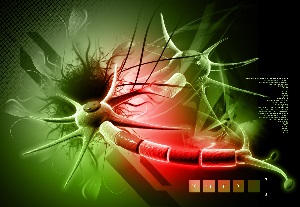
Wires in the Brain Electrical impulses jump from neuron to neuron in the brain through their branching nerve fibers. This movement of electrical potentials is called signal transduction, and significantly resembles the process of electrical flow in printed circuit boards and semiconductor chips. Nerve fibers (axons and dendrites) are filled with a fluid called axoplasm. […]
30 Dec Aristotle and von Neumann
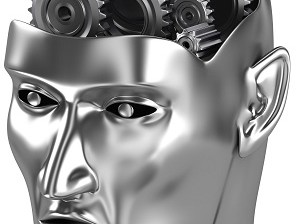
In the 1950’s, John von Neumann compared the computer to the brain. Scientific inquiry that laid the foundation for that comparison, however, had begun long before. The influence of the Greek philosopher Aristotle’s association theory (metaphysics), for example, is evident in neural net theory. In The Computer and the Brain, Dr. von Neumann describes how […]
30 Dec Context Models

Building a Model The goals of the research that evolved into Understanding Context were twofold: to investigate human physiology/psychology for clues that would let us evaluate neuromorphic computational paradigms; and to explore the possibility of new computational models using context to correlate and associate concepts. Birds fly and they are lightweight. Building models of flight with lightweight materials works […]
31 Oct Modeling Biological Systems

Possible Mechanisms of Learning, Memory and Cognition In the first section of this blog, I talked about the brain, as a whole, to establish a framework for the discussion of natural intelligence. In this section, I have delved into the inner workings of neurons, themselves to ensure we understand how complex they are, and where we […]
01 Oct Methodology or Mythology
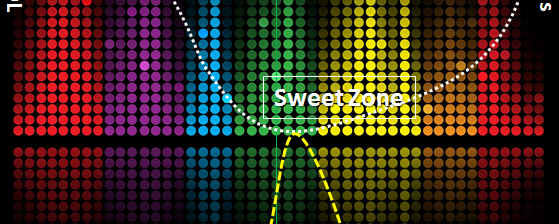
Call me a “nut”, but I have always been enthralled by science fiction. An image of Dave, a surprised and confused astronaut from 2001, a Space Odyssey, stays in my mind. In his eyes, I could see his brain working frantically to figure out how to master the situation, and giving way to hopelessness. The […]
25 Aug Learning from Brain Disorders
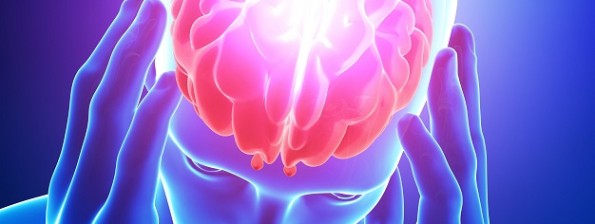
Serotonin Imbalance I am possessed of an orderly disorder. My “Obsessive-Compulsive Disorder” (OCD) compels me to make sure everything is lined up nicely. Do good managers benefit from a little OCD? Today’s post is about what we can learn about the brain from observing what happens when something isn’t exactly right. Collette Bouchez, on WebMD, tells us […]
31 Mar Asymmetrical Balance, True Love and Chaos

Inequality is the Pattern Unequal distributions characterize everything in the universe from subatomic particles to galaxies. In fact the whole idea of “equality” in the physical universe seems at least a tiny bit sketchy. At the extreme end of unequal distributions is chaos. On the near end are things that approximate equality: balance, parity, equal opportunity, symmetry […]
19 Mar Neural Networks – Section 3 Intro
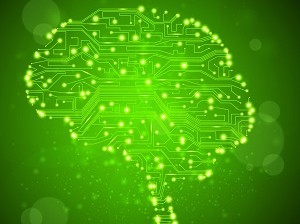
It’s all in your head My posts on Brains and Neurons show us there is a sense of structure and order in the brain. By looking at the brain’s areas, we see how each plays a special role in processing the information necessary to support human cognition and other activities. We’ve looked at neurons and learned that each type has its own components, […]





